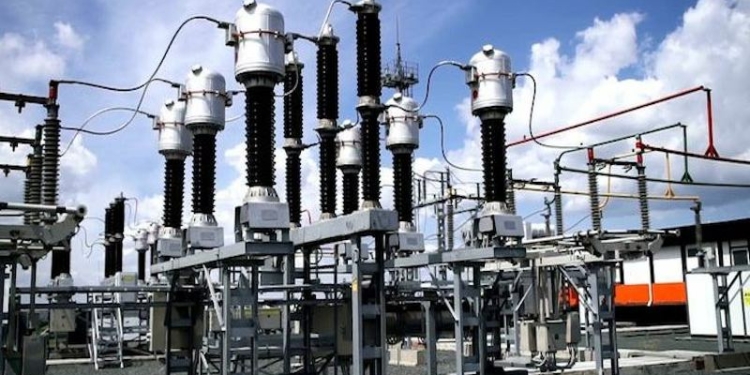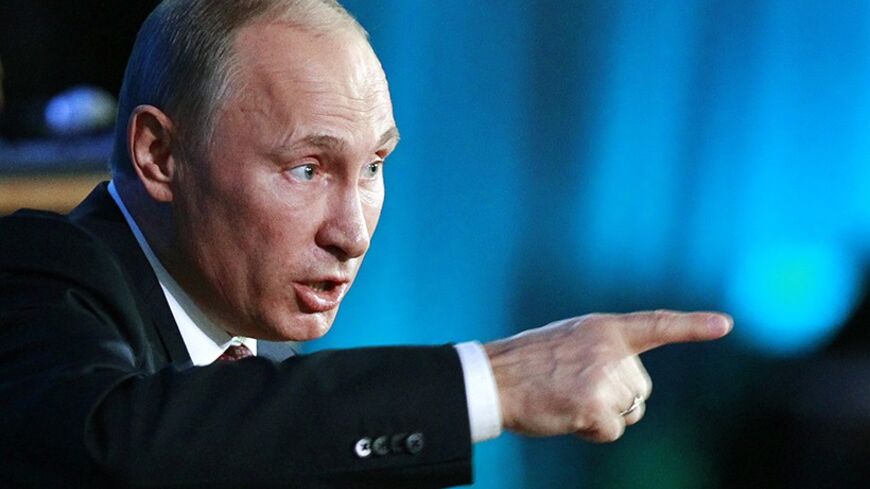
Aba Power Limited Electric, APLE, says plans are underway to increase electricity tariffs in its franchise area by 123.33% from January 1, 2025.
The company said it has begun process of effecting the upward price review by submitting an application to the Nigerian Electricity Regulatory Commission, NERC.
APLE Managing Director, Mr. Ugo Opiegbe announced the move at a public hearing organised by NERC in Abuja on Tuesday.
It attributed the potential price increase to galloping inflation, rising exchange rate and high operational cost.
If the application is approved by the Commission, electricity tariff for non-maximum demand customers in Band-A would rise from N99.9/kWh to N223.12/kWh. The tariff for maximum demand (MD1) customers in Band-A would rise from N107.5/kWh to N240.09/kWh, while those in MD2 would pay N245.2/kWh instead of the current N109.79/kWh.
Compared to the tariff approved by NERC for other electricity distribution companies, customers supplied by Aba DisCo would pay N35.7/kWh more than consumers across the country.
But the company argued that it did not benefit from the minor tariff review approved by NERC for other DisCos in December, 2022.
Justifying the application for increase, Opiegbe said the hike would ensure improved and stable power supply to its customers in Aba.
He set the parameters for the application at 25% inflation rate, N1,654.2/$ exchange rate, average energy offtake cost of N135/kwh and annual operational expenses at N189.6 billion. The company expects its revenue to hit N227 billion in 2025.
He said the bulk of its power will be supplied by Aba Independent Power Plant owned by Geometric Power with supplementary supply from Alaoji Power Plant owned by the Niger Delta Power Holding Company, NDPHC.
Speaking at the public hearing, NERC’S Vice Chairman, Musiliu Oseni said the Commission would give its verdict on the application after considering all the factors affecting the industry and on the presentations made during the hearing.
He harped on the need to improve services to consumers, adding that “when your customers are happy, they will be willing to pay more to you, so that you can also improve on your operational performance. I think that aspect, we need to look at it critically. It’s quite good that you already concluded the process. Before we allow your cost to be passed on to the end user, we’ll have to look at it and see the problems it might cause or otherwise.”
CREDIT: Withinnigeria




